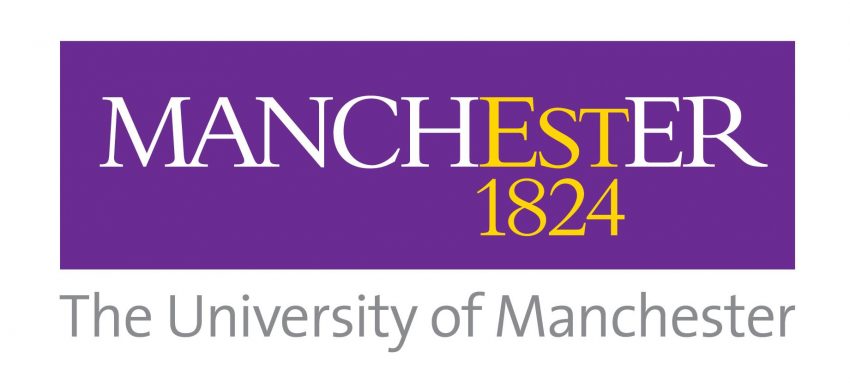Double Recognition for The University of Manchester
Friday, March, 22nd, 2024 News
 The University of Manchester is top in Europe once again in sustainability rankings and celebrates a Platinum Watermark for public engagement
The University of Manchester is top in Europe once again in sustainability rankings and celebrates a Platinum Watermark for public engagement
The University of Manchester has been rated top in the UK and Europe, and third in the world, in the independent QS World University Sustainability Rankings based on environmental, social and governance (ESG) issues, echoing its performance in Times Higher Education Impact league table last year.
The latest news, announced in December 2023, shows how the University’s work across research, teaching, and social responsibility is impacting progress and society around the world and changing people’s lives for the better.
QS, which also publishes the globally influential QS World University Rankings, launched the Sustainability Rankings in 2022. The ranking draws on evidence such as policies and case studies, and sources such as staff and alumni surveys and research data. More than 1,400 universities from 95 countries are assessed on their environmental, social and governance performance.
Dr Julian Skyrme, the University’s Director of Social Responsibility, who led the submission to the ranking, said: “This ranking by QS uses a wide range of unique evidence points drawing on our research, teaching, public engagement and university operations. A remarkably similar picture has emerged to that found in the THE Impact Ranking, where we are also top in Europe. This success reflects the impact that thousands of our staff, students, alumni and external partners make to improve our world and should be a source of pride for our whole community.”
Professor Nalin Thakkar, Vice-President for Social Responsibility, said: “People want to work and study at Manchester in part because we are so committed to social responsibility. It means that we have thousands of inspiring people coming up with ideas and making a difference through their work and study every day. The QS ranking shows just how much of an impact all of these actions can have, not just on campus but for people all around the world who we may never meet but who will live better lives as a result of someone’s work here in Manchester.”
At Manchester, many of these efforts are focused on working towards the UN’s 17 Sustainable Development Goals (SDGs). More information on how The University of Manchester is making progress towards the UN Sustainable Development Goals is available online.
The University of Manchester has also been awarded a Platinum Watermark award by the National Co-ordinating Centre for Public Engagement (NCCPE), which recognises universities’ engagement with the public. Manchester is only the second university to be successful in achieving the Platinum award.
Winning a Platinum Engage Watermark is a significant achievement. It is the highest honour that can be awarded to an institution and recognises exceptional strategic leadership of public engagement; high standards of professional support; and excellence in partnership working. It also evidences that the institution has a profound grasp of challenges ahead and of areas of relative weakness, with a commitment to addressing these.
Key features of The University of Manchester’s approach which drew special praise from the assessors included its efforts to open-up the campus and cultural institutions to become more welcoming and accessible for community use, the involvement of partners and communities in shaping the research and teaching at the university, and the very significant commitment to equality, diversity and inclusion.
Professor Dame Nancy Rothwell, President and Vice-Chancellor of The University of Manchester said: “As a passionate advocate for public engagement, I’m proud that we have embedded a culture of high-quality practice through our core goal of social responsibility. We are delighted to be recognised nationally with a prestigious Platinum Watermark for our sustained excellence and leadership in public engagement.”
Dr Julian Skyrme added: “We’re delighted to receive this prestigious Platinum award for public engagement. We’ve prioritised new forms of public engagement through our emphasis on civic partnerships, our cultural institutions and in creating a local Citizens’ Panel.”